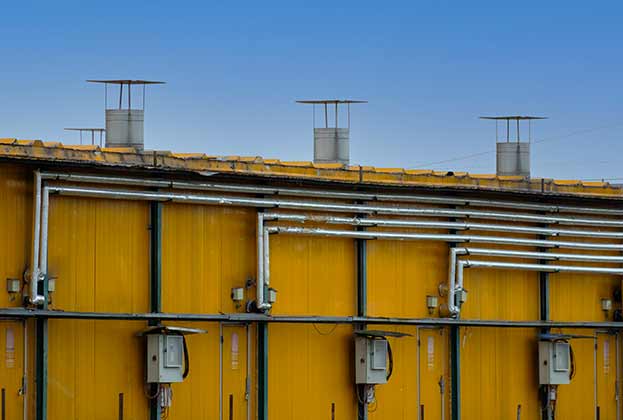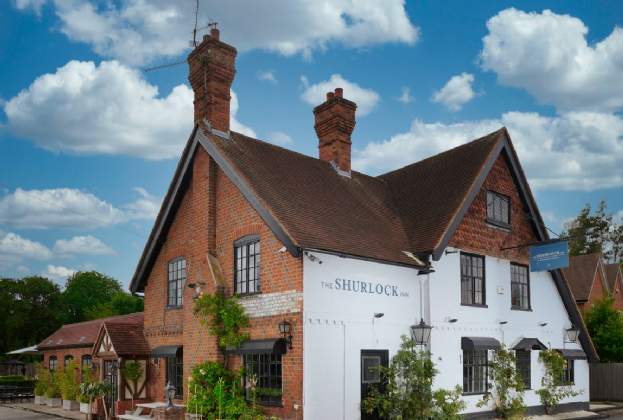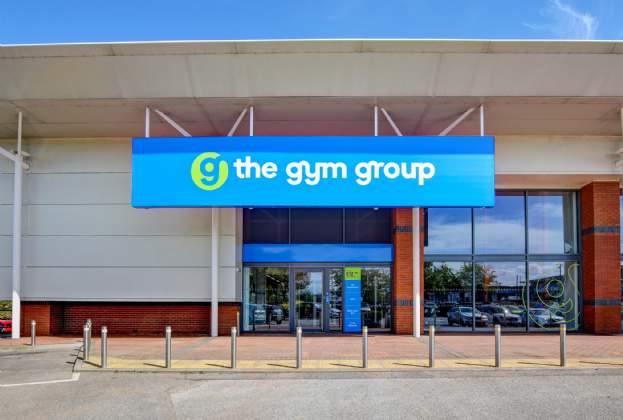Over the past three years the leisure sector has arguably faced more challenges than any other, from widespread closures and complicated social distancing measures to the current cost of living crisis. However, as we progress through 2023, it’s becoming clear that the sector has a lot to be optimistic about. A multitude of innovative new concepts and a range of high profile openings suggest the market is showing an unprecedented level of resilience in some categories, creating plenty of exciting opportunities for savvy occupiers.
We are continuing to see good levels of activity from established competitive socialising brands, with a new sub-sector emerging of football-based concepts. A market previously dominated by golf and darts, operators have now realised the potential of tapping into the estimated 3.5 billion football fans across the globe. Last year TOCA Social agreed terms for its first permanent venue at Grand Central, Birmingham, following a successful pop-up at London’s O2, Metrix joined forces with UEFA to open a pop-up at Westfield and are now seeking a permanent London site, and new concept Crossbar is now in the market looking for its first venue.
Simulation-based activities are also growing in popularity, with F1 Arcade opening to much fanfare last year at One New Change with plans for a second site this year in Birmingham. Indoor clay target shooting operator, Clays, which recently launched in London, has secured a major investment from Imbiba Group, signing the intellectual property (IP) on its hardware and game for the US, Canada, Europe, China, Japan and Australia, and so is expected to expand significantly in the next few years.
Karaoke concepts also continue to grow, with an uplift in dedicated venues and international entrants such as Bam Karaoke, which is looking to expand into London from France.
So what does this influx of new entrants mean for the property sector?
Growing competition for quality space suitable for a leisure concept has meant that occupiers are increasingly having to think outside the box when it comes to property requirements. We expect to see established brands creating new concepts to suit the available supply of property – rather than finding a property suitable for an existing concept – to avoid a slowdown on their growth trajectory.
We have already seen this with Lane 7, originally a bowling offer, opening its LevelX concept in the St Enoch centre in Glasgow to suit a much bigger footprint of 30,000 sq ft, housing mini golf, VR arenas and arcade games alongside its original bowling concept. Additionally, Flip Out and Gravity have both diversified away from trampoline-only parks to multi-activity centres in order to secure deals in former shopping centres where the ceiling height isn’t suitable for trampolining.
Further down the line, we also predict we will see the emergence of white space purpose-built leisure venues which will allow for rotating immersive experiences and visitor attractions. We have already seen this internationally, for example at Expohalle in Oberhausen, Germany – a 30,000 sq. ft. space - with the first residency being the ‘The Smurf Adventure’ so we expect it is only a matter of time before we see the first opening in the UK.
It goes without saying that there are still challenges facing the leisure market, such as staffing issues and tightening consumer spend, but for well capitalised occupiers with innovative concepts there are exciting opportunities ahead.
Further information
.jpg)


.jpg)


.jpg)


.jpg)
.jpg)